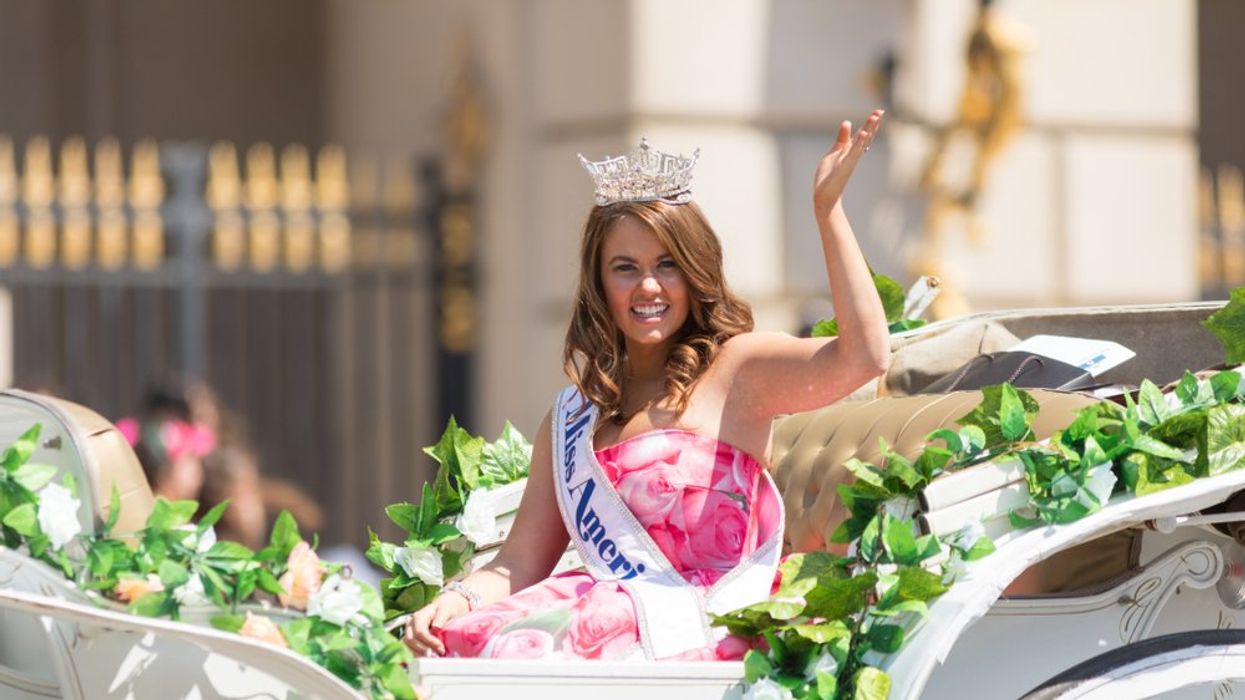Women and teenage girls living in states with Miss USA and Miss America pageant winners are more likely to develop negative and unhealthy body image, a new report found.
Researchers from Vanderbilt University and the University of Massachusetts Amherst compared annual CDC health surveys in states where beauty pageant winners originate to other states whose candidate lost. They also compared the winner's home state to surveys from previous years.
The data revealed that young women living in the home states of pageant winners were 5 percent more likely to report trying to lose weight, and teen girls specifically were 6 percent more likely to report limiting calories. Pregnant women in the state were also less likely to report adequate weight gain. Men, teenage boys, and older women did not report similar behavior.
The study attributes these shifts to media coverage of the pageants, as states with pageant winners were 27 percent to 37 percent more likely to have front page coverage of the event, up to two days after it ended. They also note a 21 percent to 24 percent uptick in Google searches around pageants, as well as dieting.
While the Miss America pageant did away with its swimsuit portion in 2018, as well as stopped judging contestants based on their physical appearance, the Miss USA pageant judges contestants in both swimsuit and evening gown categories. The winner of Miss USA represents the country in the global Miss Universe pageant.
The report stressed the importance of representation for different body types, and that media outlets be aware of the negative impact their coverage can have.
"Our results provide novel evidence that pageant-induced negative social comparisons affected weight-related perceptions, satisfaction, and behavior," the report concludes. 'In an era of unprecedented media consumption, our results imply meaningful latitude for policymakers with respect to which behaviors and people are represented in the media."


















































